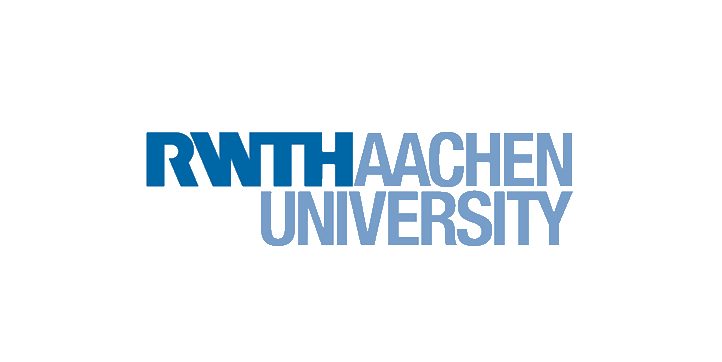RWTH: RWTH’s “digital heartbeat” is celebrating
Digitization, artificial intelligence, data science, data security – buzzwords from computer science that seem ubiquitous. At RWTH Aachen, these and other topics are the focus of research and teaching in the Computer Science department. When computer science started at RWTH, there were no smartphones with social networks, no internet, not even PCs. This was in 1972, with three professors, the new discipline was set up as an independent diploma course in the mathematics and natural sciences faculty, after one semester of initial experience with computer science as a minor subject in the mathematics diploma course.
Computer science at the RWTH is now celebrating its 50th birthday – with a festival week under the anniversary motto “The digital heartbeat of the RWTH”, in which students and alumni as well as members of the RWTH and associated universities as well as the economy at a programming competition, a colloquium, a company contact fair, the ceremonial farewell of the graduates with a speech by Professor Christel Beier (TU Dresden) and a final party at which the computer science professors Joost-Pieter Katoen, Klaus Wehrle, Carsten Honerkamp and Martin Grohe also acted as DJs, were equally involved.
The President of the Gesellschaft für Informatik, Christine Regitz, gave the keynote speech during a celebratory evening. “Digitization is shaping our social transformation. Computer science as the leading science of digitization is therefore of particular importance. And without a strong information core and efficient, scalable, secure, reliable and adaptable IT systems, digitization cannot succeed,” she says, praising the fact that IT at RWTH reflects precisely these requirements and demands.
In this context, the Manfred Nagl Prize, supported by DAS Daten- und Systemtechnik GmbH, was awarded for the first time to Dr. Matthew Volk. The namesake of the prize has shaped the development of computer science at RWTH for decades. In general, the festive evening was all about the development of the discipline, including, of course, a look back at the beginnings in 1972.
Professor Walter Oberschelp, who was appointed to a chair in “Applied Mathematics, in particular Computer Science”, can be described as the founding father of the course. He quickly aroused interest in the new students from large parts of the university, even if some still joked about the “foot sickness of mathematics”. “Other departments, especially mechanical engineering and medicine, overwhelmed us with offers to supervise computer science theses with their own tasks. Although it was clear that there were no altruistic motives behind it, it seemed interesting to me to try out computer science techniques on application problems.”
By the end of the 1970s, 500 students had already enrolled in computer science, and by 1985 there were already around 1,000. A year later, the computer science department was also founded within the Faculty of Mathematics and Natural Sciences. The growing importance of computer science was also taken into account externally in 1999 with the renaming to “Faculty of Mathematics, Computer Science and Natural Sciences”. “Informatics has changed radically in five decades and, at the same time, how it is perceived from the outside, whether within RWTH, in the industrial environment or in society – today everyone is essentially characterized by IT systems,” explains the spokesman for the IT department of the RWTH, Professor Gerhard Lakemeyer.
The RWTH had more than 4,500 computer science students last winter semester, the total number of first-year students over the past 50 years is 20,800, and a total of 726 doctorates were completed. At RWTH, it is formative in many areas, an elementary part of the “Internet of Production” cluster of excellence, in the profile areas, centers for artificial intelligence and for simulation and data science, with collaborative research centers and personal research funding such as the ERC grants. With Wil van der Aalst (2018) and Holger Hoos (2022), two top international researchers with Humboldt Professorships have recently been won for Aachen – proof of the importance of computer science at RWTH, also in international comparison.
“In the 1970s, one could only vaguely guess how important this subject area would one day be for teaching and research, as well as for industry and our society. The subject, which was still unknown at the time, has now become a solid pillar of the RWTH,” emphasized RWTH Rector, Professor Ulrich Rüdiger, during the evening celebration. And keynote speaker Christine Regitz explained: “Openness and interdisciplinarity are the be-all and end-all for our discipline and are practiced here in Aachen in an exemplary manner.”

